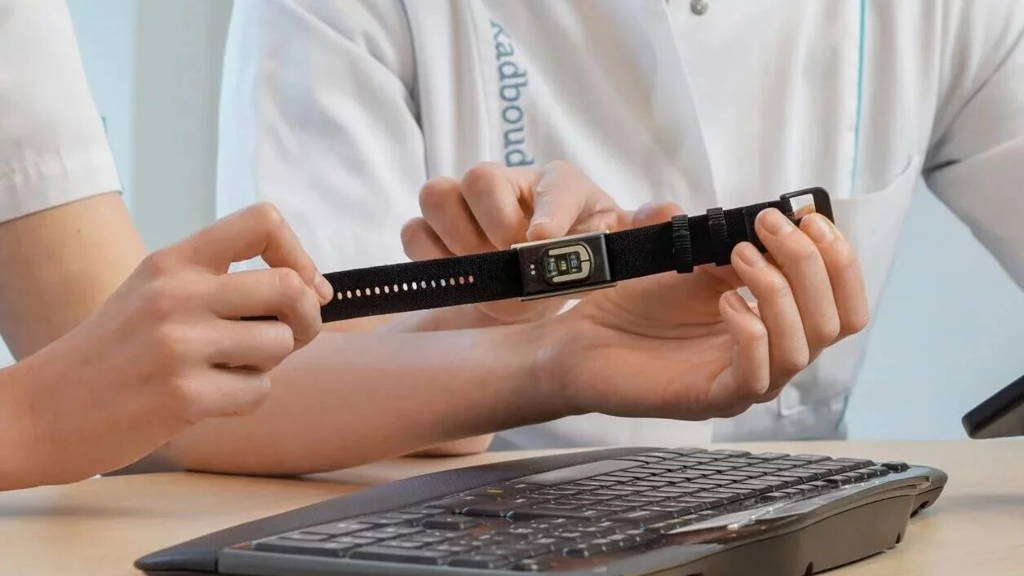This pioneering endeavor represents the inaugural phase of the "Cardiac Arrest without Witnesses" project, an ambitious undertaking launched by the Heart Foundation in 2020. Annually, a staggering 17,000 individuals in the Netherlands encounter cardiac arrest episodes outside of medical facilities, with approximately 60% of these incidents transpiring in solitary settings devoid of witnesses. With the advent of the Corsano CardioWatch, an innovative medical bracelet endowed with the capability to detect cardiac arrest and promptly summon emergency medical services, the Heart Foundation endeavors to substantially augment the survival prospects for this vulnerable demographic.
Cutting-Edge Technology
The cohort under scrutiny comprised 291 patients necessitating surgical interventions typically entailing transient circulatory interruptions. Notably, during the implantation of implantable cardioverter-defibrillators (ICDs), cardiologists routinely assess the device's responsiveness to cardiac arrhythmias precipitating cardiac arrest. Prior to their procedures, participants consented to don the Corsano CardioWatch Bracelet, a decision that yielded compelling outcomes, with the bracelet successfully detecting cardiac arrest in nearly all instances.
Central to the success of this endeavor is the deployment of the Corsano CardioWatch 287-2 Bracelet, engineered by Corsano Health. Distinguished by its proprietary Cardiac Algorithm, developed in collaboration with leading researchers, this bracelet integrates state-of-the-art photoplethysmography (PPG) and accelerometer (ACC) sensors. Leveraging these advanced sensors, the algorithm adeptly discerns diminished blood flow through cutaneous microvasculature—a telltale sign of cardiac arrest.
Addressing the Imperative
Real-World Validation and Beyond As the research progresses to subsequent phases, investigators aim to ascertain the technology's robustness in real-world scenarios. Unlike the controlled environment of surgical suites, individuals engage in varied activities during daily routines, necessitating meticulous validation. To this end, the research team solicits participation from healthy volunteers, ICD recipients, and individuals with cardiovascular ailments. Enthusiasts keen on contributing to this critical endeavor can enlist via www.detect-study.com.
The overarching objective of the DETECT initiative is the development of a medical wearable or smartwatch capable of preemptively detecting cardiac arrest events and autonomously summoning emergency responders. Given that most cardiac arrests occur in solitary circumstances bereft of immediate assistance, such technological innovations hold immense promise in mitigating avoidable fatalities. Furthermore, protocols are being devised to enable users to nullify erroneous emergency calls precipitated by the bracelet's alerts—a feature slated for rigorous validation in forthcoming trials.
Insight into Research Funding and Collaboration
Initiated in 2020 by the Heart Foundation, the "Cardiac Arrest without Witnesses" program represents a concerted effort to enhance survival rates among individuals experiencing unmonitored cardiac arrests. Complemented by a robust network of civilian responders and automated external defibrillators (AEDs), this initiative underscores the pivotal role of public-private partnerships in catalyzing transformative advancements. Notably, DETECT stands as one of two research endeavors underwritten by the Heart Foundation, leveraging the PPS supplement from the Top Sector Life Sciences & Health (Health~Holland) to foster collaborative innovation.
Access the research in The Lancet Digital Health: Link.






